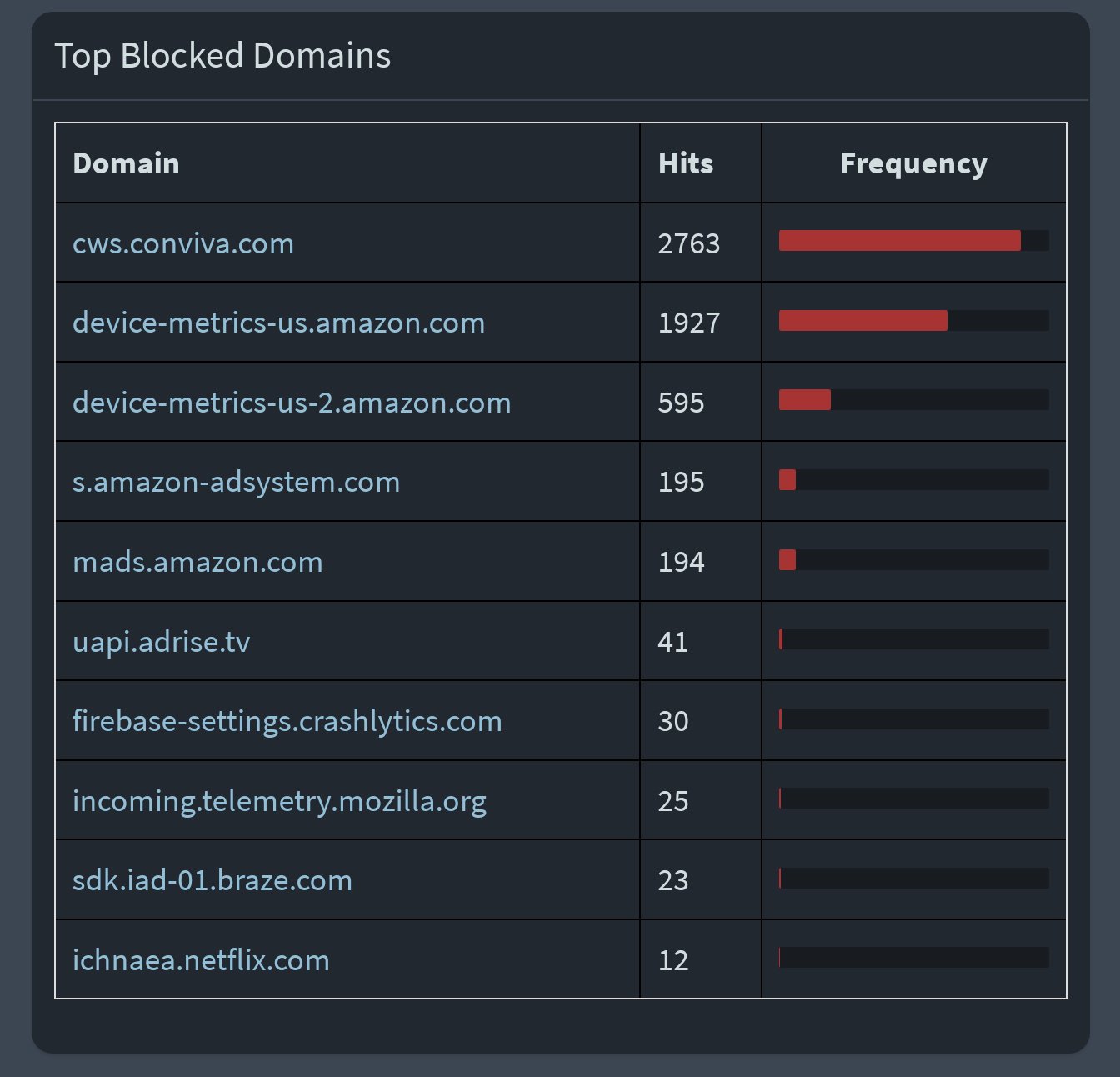

SeaTools is a long-standing, trusted tool for HDD testing. I always have a bootable drive with the SeaTools bootable image on me for diagnosing hard drives.
https://www.seagate.com/support/downloads/seatools/seatools-legacy-support/
Keep in mind that testing a failing drive will likely make a failing drive worse. For your use-case this is fine, but for anyone else looking to test drives, please create a backup image of the drive prior to testing.







Zabbix
https://www.zabbix.com/
Netdata
https://www.netdata.cloud/
Nagios
https://www.nagios.org/